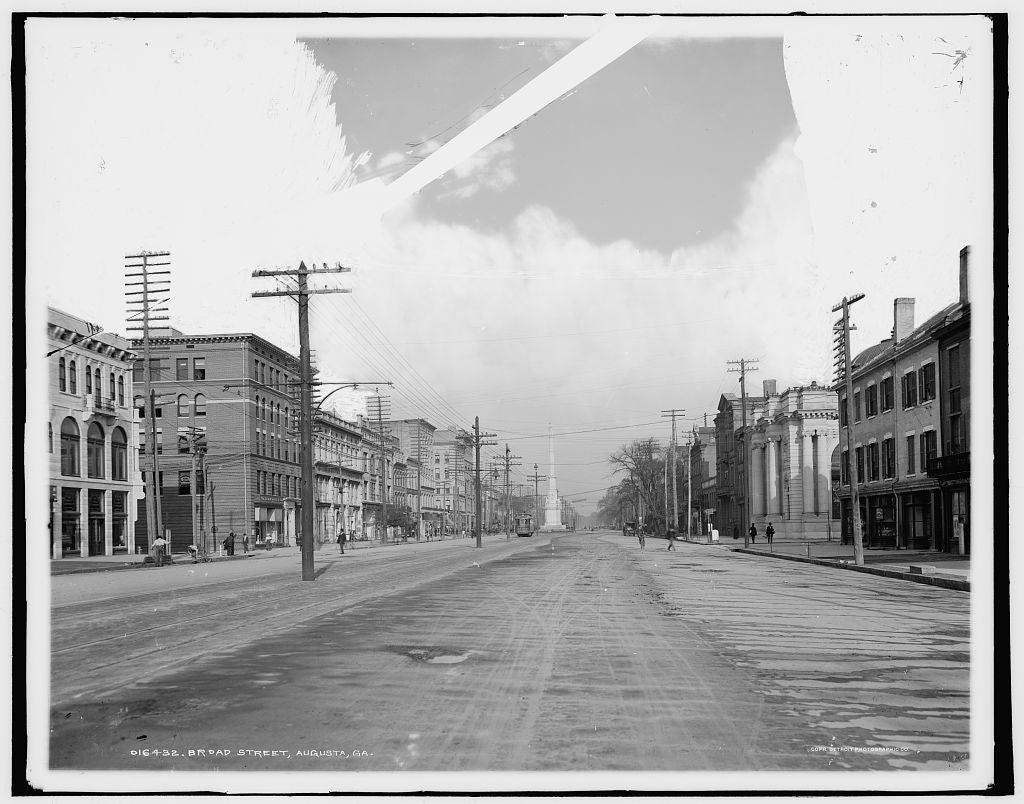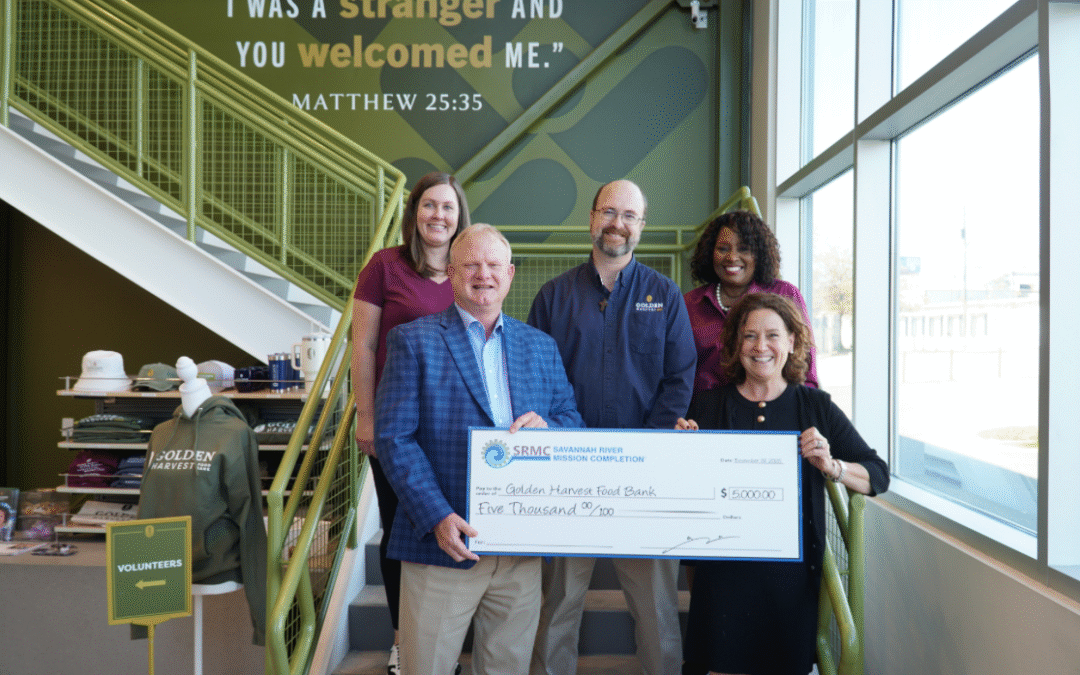Americans informally celebrated Thanksgiving long before President Lincoln proclaimed it a national holiday in 1863. In those days, Thanksgiving was a solemn celebration and a prayer of gratitude over a bountiful harvest, meaning there would be enough food to last the winter.
For many Americans, Thanksgiving Day is little more than a day off from work, an excuse to eat to excess, watch football and anticipate the wild consumerism of Black Friday—or Cyber Monday.
However, I would posit that we have far more to be grateful for than our ancestors did when they created the holiday and that we should take a moment to reflect on our modern blessings.
In 2021 we all have more than just an abundance of food to be thankful for.
It is easy to look at media headlines of riot-torn American cities, partisan bickering, inflation, climate change fears, racial animosity and a world constantly teetering on the brink of war to become jaded.
I remember my daughter once asking me what people did before the internet, and it reminded me of when I was a child and asked my father what people did before television was invented.
The real answer to that question is that most people of the past had little time for constant entertainment because every day was devoted to survival.
The world of just 120 years ago bears little resemblance to the world of today in some ways. In others, little has changed. For sure, thought, at the dawn of the 20th century, humankind had only begun to enter the age of what the rock band Pink Floyd called “a world of magnets and miracles.”
In 1901, electricity had been harnessed, but by no means had it been tamed. Electricity had sped up communication in the form of the telegraph some 60 years earlier, and electric telephones were making their appearances in businesses and a few homes. Electric lights were making their way into homes as well, and because they were so much safer than oil or gas lighting, some people were able to pay their homeowners’ insurance with the savings.
But, those electric lights were not without risks. Unshielded wires were known on occasion to cause devastating fires. Some people avoided having electricity installed for that reason. In Augusta, some streets had electrical lighting but most homes were still lit by oil or gas lamps and candles.
[adrotate banner=”19″]
Thanks to the Augusta Canal, people living in Augusta in the early 20th century did have some access to filtered running water, but despite the filtering efforts, the water was not always safe to drink. Cholera outbreaks were common from people drinking foul water.
A hot bath was a luxury as water had to be boiled on a wood or coal burning stove, and many still enjoyed only a once-a-week family bath session where each member took turns until the water was so dirty that the phrase “don’t throw the baby out with the bathwater” became common.
Most Augustan’s didn’t have anything resembling modern sanitation. The “water closets” of the time sent waste straight into cesspits that sometimes polluted the groundwater, but having such a primitive toilet device was rare. Most people still used outhouses and chamber pots.
In 1901, the automobile had been invented and was available for purchase, but the rickety, smokey, smelly 12-horsepower open carriage cars were still an expensive novelty, even for American President William McKinley, who would be assassinated that year.
Folks living in Summerville would travel downtown where Broad Street reeked with horse manure. Most people living in the outskirts of Augusta would never travel much more than 25 miles from their homes in their entire lifetime.
Those who could afford to travel long distances did so on trains that lumbered along while belching acidic fumes into the cabin cars. Traveling overseas posed its share of risks – as it had since the days of exploration. Ships were not equipped with the newly patented Marconi wireless technology that would allow them to call for help if needed.
Those of us living in an age where vaccines have the potential to stop pandemics and to ensure longer and healthier lives should remember our ancestors who lived in the early part of the 20th century. They didn’t have such debates because there were vaccines few diseases because the pathogens that lead to many fatal and chronic illnesses had yet to be identified.
Thanks to diseases such as smallpox, malaria, polio, cholera, tuberculosis, yellow fever, whooping cough, influenza and diphtheria, most people lived to an average of 47 years for men and 49 years for women, according to the US Census Bureau.
The infant mortality rate in 1901 was over 30 percent. Today, it is 5.6 percent. Almost as many kids died under the age of five as those who lived to adulthood.
For healthy children, most enjoyed very little leisure time as they were put to work as soon as they were physically able. In the North, children labored alongside their parents in coal mines and as domestic workers. In the South, children were commonly seen in the cotton fields and working in the textile factories that dotted the landscape along the Augusta Canal in Harrisburg.
Child labor did not come about because parents were greedy, but because it was necessary for the survival of their families.
To our recent ancestors, Thanksgiving Day was a day to pause from the ongoing routine of survival, a day to reflect and to give thanks for what they perceived as their blessings.
Our world of electric clothes washers, dish washing machines and dryers, GPS technology, streaming video on demand, interstate highways, jet airplanes, cruise control and heated seats in automobiles, flight into outer space and GrubHub makes it very easy to forget that we do indeed live in a world of magnets and miracles.
We all should take a moment in what has become a “busy holiday travel season amidst the pandemic” and reflect on the reality that no prior civilization on Earth has ever been so blessed.
Happy Thanksgiving!
Scott Hudson is the Managing Editor of The Augusta Press. Reach him at scott@theaugustapress.com











